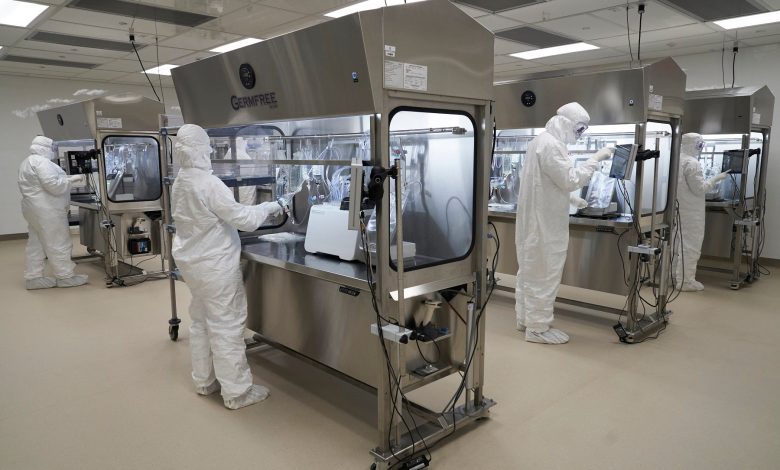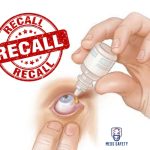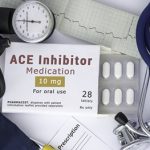Central Admixture Pharmacy Services (CAPS) Recalls 13,792 Bags Of Cardioplegia

Central Admixture Pharmacy Services (CAPS) a nationwide compounding pharmacy business that specializes in providing custom-made medications for hospitals and outpatient facilities has recalled over 13,000 bags of cardioplegia due to sterility concerns.
The recall was initiated on July 14 and was reported by the FDA on August 1. Among 27 solutions, a total of 13,792 bags of cardioplegia from CAPS’ Phoenix location were identified as lacking decontamination validity, raising concerns about their safety and effectiveness.
This is not the first time that CAPS has come under scrutiny. In February 2022, the FDA conducted an inspection of the company’s facility and uncovered several quality and safety infractions. Some of the issues found included a failure to properly track the distribution of batches, instances of workers deleting assay testing data, report missing important calculations, and problems related to airflow and sterilization within the facility. The FDA expressed its deep concern over the overall safety and quality reporting practices at CAPS, referring to them as “out of control.”
The recall of the cardioplegia bags has caused significant disruption for hospitals and healthcare facilities that rely on these medications during surgeries. As a critical drug used to temporarily stop the heart during surgical procedures, cardioplegia is of utmost importance in ensuring patient safety and successful surgeries. Hospitals are now forced to in-source compounded solutions of the drug to meet their needs while CAPS works to rectify the sterility concerns and regain the trust of its customers and regulators.
This incident serves as a reminder of the vital role that compounding pharmacies play in the healthcare industry and the importance of adhering to strict safety and quality standards. The FDA’s actions and the subsequent recall emphasize the need for ongoing vigilance and adherence to best practices to ensure patient safety and avoid potential harm from contaminated or improperly compounded medications. It also highlights the consequences that a pharmacy business can face if they fail to comply with regulatory requirements and maintain a high level of quality control in their operations.





